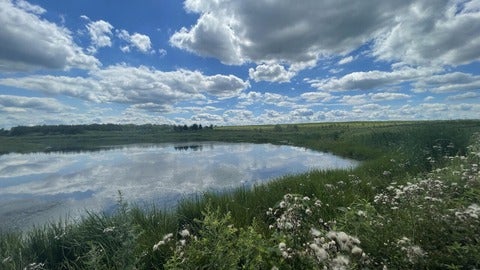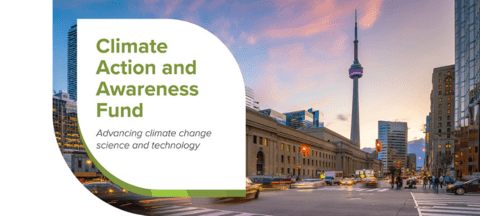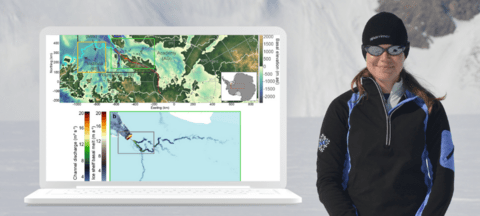Deep-sea impacts of climate interventions
Waterloo professor is part of an emerging field that calls for establishing a governance framework for ocean-based climate interventions
Dr. Neil Craik, law professor in the School of Environment, Enterprise and Development and Waterloo Climate Interventions Strategies Lab member, is part of a growing area of research critically assessing the impacts and governance challenges of large-scale climate interventions in the world’s oceans.









